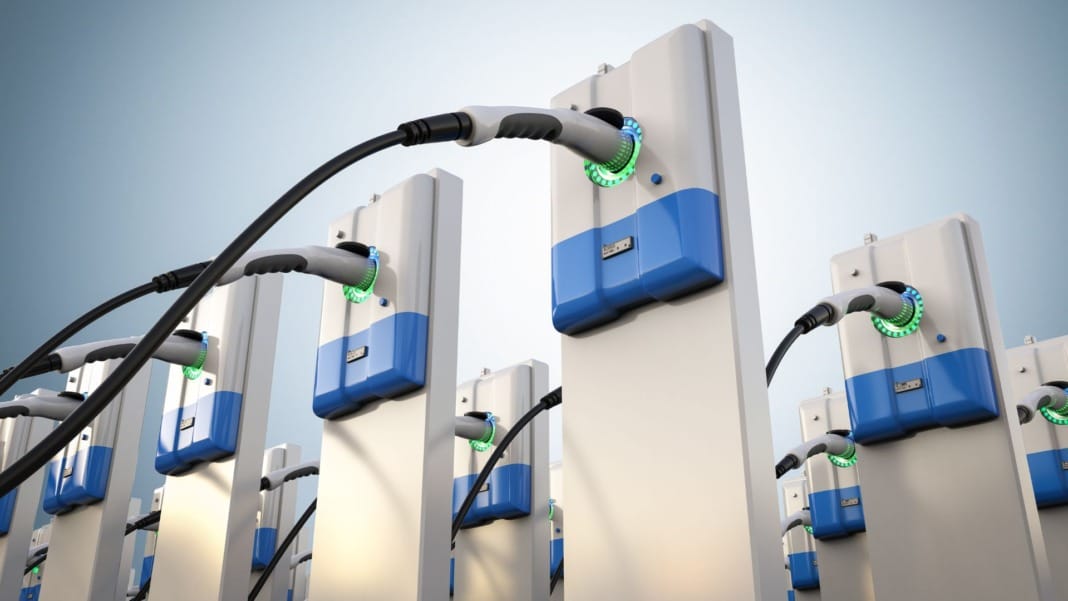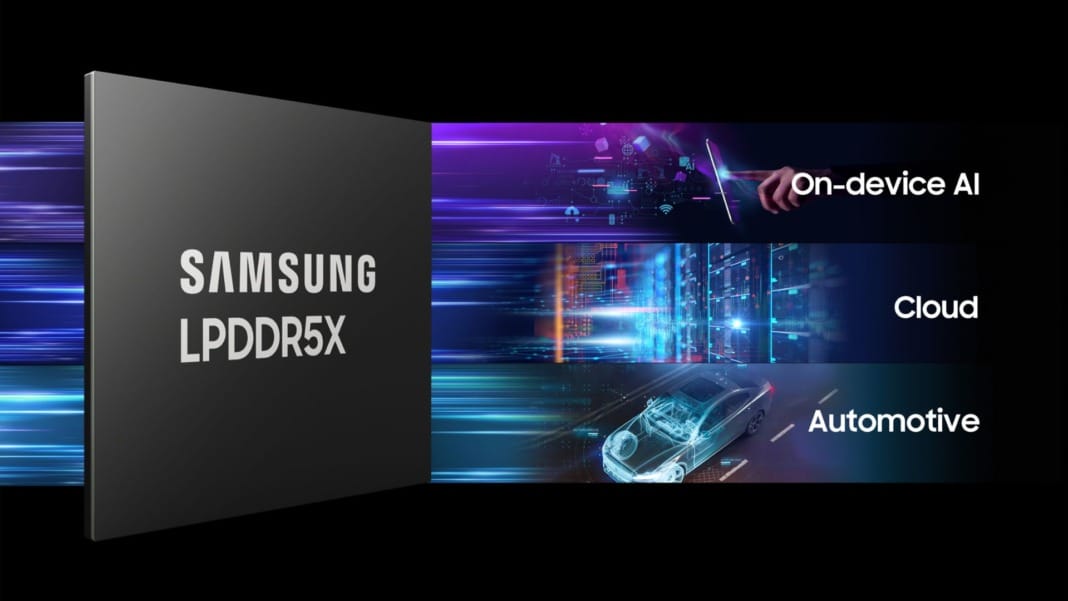A comprehensive study analysing 20,000 electric vehicle (EV) charging stations reveals significant challenges in the US charging infrastructure. The study, conducted by ChargerHelp, highlights key pain points, including the failure to report broken stalls, inaccurate station status updates, ageing equipment, and unreliable network providers.
Key findings of the study
ChargerHelp, a company specialising in EV charger operations and maintenance, conducted this study. Professor Gil Tal, the director of the Electric Vehicle Research Centre at UC Davis, reviewed and confirmed their findings. Using four years of data from the 20,000 chargers it monitors, ChargerHelp compared the self-reported uptime of networked stations with the actual uptime experienced by EV drivers.
The study identified numerous ways EV chargers can malfunction. Issues included broken retractor systems intended to protect the cables from vehicle damage, broken screens, and inoperable payment systems. The charging cabinets also suffered general damage, and wires and connectors were broken.
ChargerHelp’s analysis revealed that these chargers’ actual uptime is only 73.7 per cent, significantly lower than the 84.6 per cent uptime reported by EV network providers. This discrepancy highlights a substantial reliability issue within the EV charging infrastructure.
Discrepancies and reliability issues
The study discovered that 26 per cent of the stations analysed did not match the perceived status shown in the networks’ software. This means that some charge networks are overstating the number of online stations, undermining EV owners’ confidence in the charging infrastructure. This issue becomes especially problematic when an EV driver urgently needs a charge but finds that the station listed as online needs to be operational.
The study identified several scenarios where EV drivers could not successfully connect with chargers. These include “ghost” stations, which appear in apps but either do not exist or are broken; “zombie stations,” which work but are not listed in apps, leading drivers to overlook them; and “confused occupancy,” where apps incorrectly show that certain stalls are available. “Dead ends” refer to stations that seem operational until you try to plug in, only to find they do not work. ChargerHelp suggests that reliable software interoperability and network data sharing could help resolve these issues.
Variations in charger downtime by location
The study also revealed surprising variations in charger downtime based on location. For example, New Jersey had one of the lowest percentages of down ports in the country at the start of 2023, with only 4.4 per cent of ports not working. However, the state had only 27 working public charging ports per 1,000 registered EVs, which might not meet demand.
In contrast, Washington, DC, had a much higher percentage of down ports, at almost 11 per cent, but had 137 ports per 1,000 registered EVs, indicating a higher availability of charging stations despite the higher downtime percentage.
These findings underscore the ongoing challenges in the US EV charging infrastructure and highlight the need for improving the reliability and accuracy of station status reporting to support the growing number of electric vehicles.





